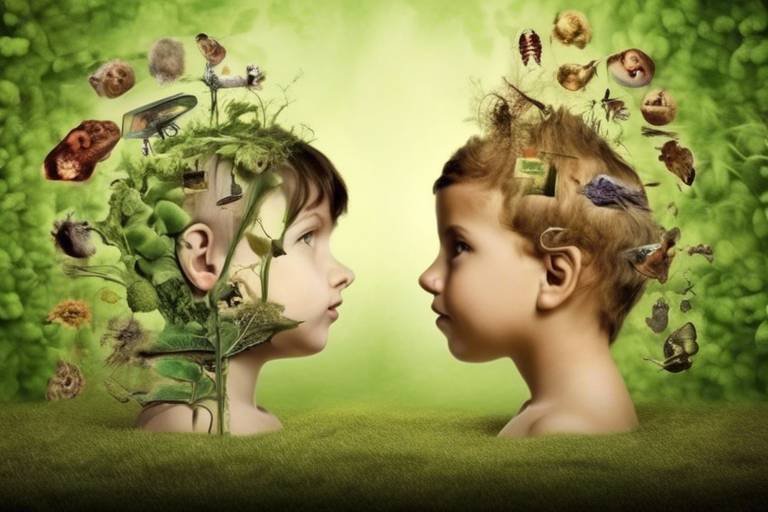Questioning the Norms - The Vegan Debate
In recent years, the vegan lifestyle has sparked heated discussions, challenging our traditional views on food consumption. As more individuals embrace this plant-based way of living, we find ourselves at a crossroads, questioning the very norms that have governed our diets for centuries. Why do we eat what we eat? Is it merely a habit, or is there a deeper ethical, environmental, and health-related reasoning behind it? This article dives deep into the complexities of veganism, exploring the multifaceted arguments that surround this lifestyle, while also addressing the societal pressures and misconceptions that often cloud the conversation.
The debate around veganism is not just about food; it's about our relationship with the planet and its inhabitants. Advocates argue that adopting a vegan diet can lead to a more compassionate world, where animals are not subjected to the horrors of factory farming. On the other hand, critics often raise concerns about the nutritional adequacy of a vegan diet, questioning whether it can provide all the essential nutrients our bodies need. This tug-of-war between ethics and health creates a rich tapestry of discussion that is both intriguing and necessary.
Moreover, as we face the pressing challenges of climate change, the environmental implications of our dietary choices have come under scrutiny. Can a switch to a plant-based diet truly make a difference in reducing our carbon footprint? What about the resources we use to produce our food? These questions are not just academic; they have real-world implications for sustainability and future generations. As we peel back the layers of this debate, we uncover a wealth of information that can help guide individuals in making informed choices about their diets.
Ultimately, the vegan debate is a reflection of our values and priorities as a society. It challenges us to reconsider what we deem acceptable and to think critically about the consequences of our choices. Whether you're a lifelong vegan, a curious omnivore, or someone simply looking to reduce their meat consumption, this article aims to provide you with a comprehensive understanding of the vegan lifestyle and its implications. So, let's embark on this journey together, questioning the norms and exploring the depths of the vegan debate.
The ethics of veganism often center around animal rights and welfare. This section delves into the moral implications of consuming animal products and the arguments for and against veganism based on ethical grounds.
Veganism's role in combating climate change is significant. Here, we analyze how plant-based diets can reduce carbon footprints, conserve water, and mitigate deforestation, highlighting the environmental benefits of adopting a vegan lifestyle.
The allocation of resources in animal agriculture versus plant-based farming is crucial. This part discusses how shifting to veganism can lead to more efficient use of land, water, and energy.
Exploring how plant-based diets require less land than meat production, this section emphasizes the potential for more sustainable agricultural practices and food security through veganism.
This segment focuses on the stark contrast in water usage between animal farming and plant-based agriculture, illustrating how veganism can significantly reduce water scarcity issues.
The health implications of a vegan diet are often debated. This section provides an overview of the nutritional benefits and potential challenges associated with adopting a vegan lifestyle.
Many misconceptions surround veganism, from protein deficiency to lack of variety. This part aims to debunk myths and provide factual information to clarify the realities of a vegan diet.
Addressing the myth that vegans cannot get enough protein, this section outlines various plant-based sources rich in protein, showcasing the diversity of vegan nutrition.
This part discusses how to maintain a balanced diet on a vegan plan, emphasizing the importance of vitamins, minerals, and other essential nutrients for overall health.
The societal perception of veganism can create challenges for individuals. This section examines the cultural and social pressures faced by vegans, along with the growing acceptance of plant-based lifestyles.
Exploring the stigma associated with veganism, this section highlights the challenges vegans encounter in social situations and the importance of understanding and empathy from non-vegans.
This segment emphasizes the importance of community support for vegans, discussing various groups and resources available to help individuals navigate their vegan journey.
As we wrap up our exploration of the vegan debate, let's address some of the most common questions that arise:
- What are the health benefits of a vegan diet? A vegan diet can lead to lower cholesterol levels, reduced risk of heart disease, and improved digestion due to higher fiber intake.
- Is it difficult to get enough protein on a vegan diet? Not at all! There are plenty of plant-based protein sources like lentils, chickpeas, quinoa, and tofu.
- How can I ensure I'm getting all necessary nutrients? It's essential to plan your meals to include a variety of fruits, vegetables, whole grains, and legumes, and consider supplements for nutrients like B12.
- What can I do if I face social stigma as a vegan? Building a supportive community and educating others about your lifestyle can help mitigate stigma.
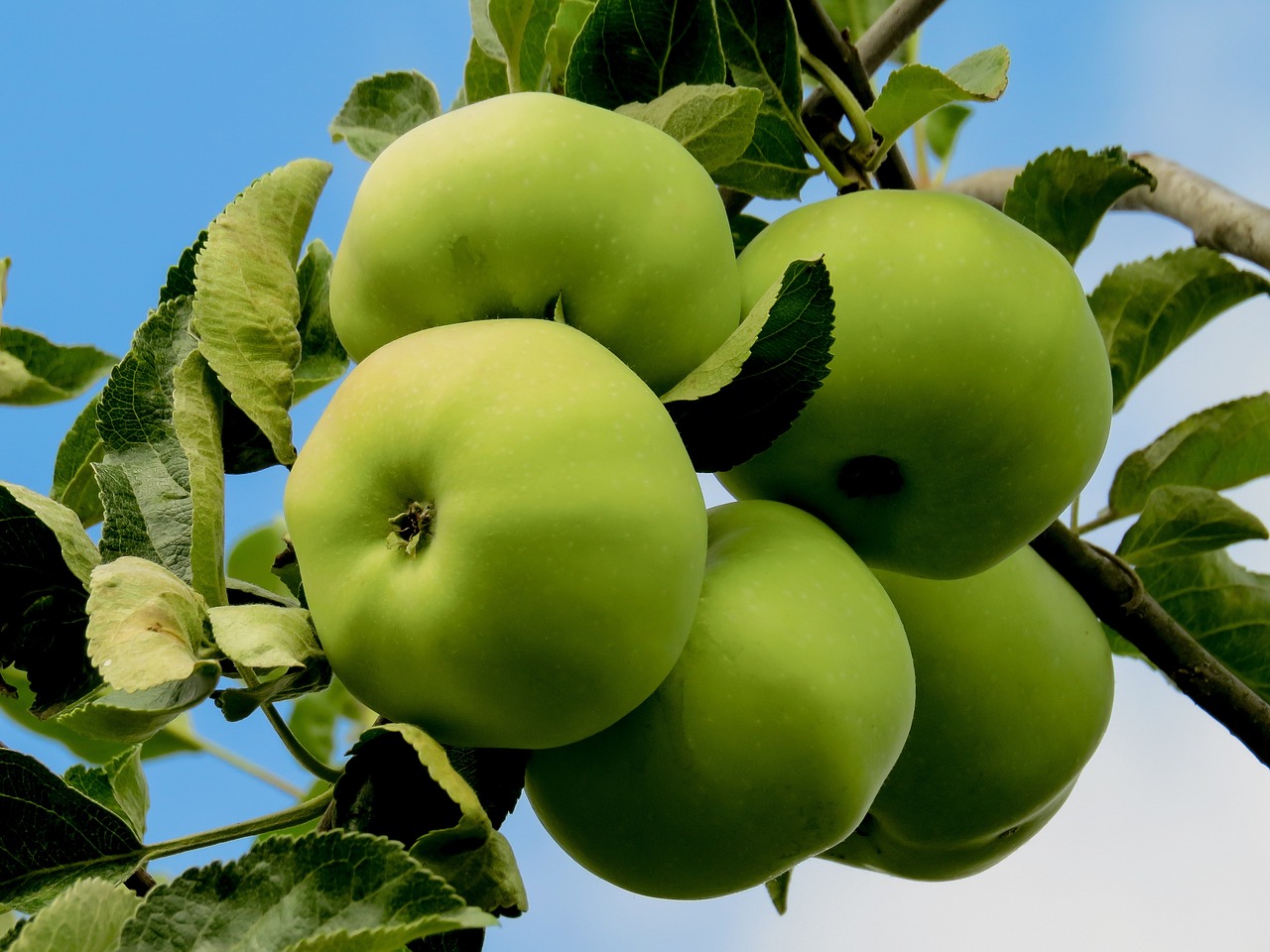
The Ethical Dilemma
The ethics of veganism often spark intense debates, igniting passionate discussions about animal rights and welfare. At its core, veganism advocates for a lifestyle that seeks to minimize harm to animals. But what does that really mean? When we consider the moral implications of consuming animal products, we must confront some uncomfortable truths. For instance, the life of a factory-farmed animal is starkly different from that of an animal raised in a pasture. Many people argue that it is unjust to subject sentient beings to conditions that cause suffering, just for the sake of human consumption.
On one hand, proponents of veganism posit that choosing a plant-based diet is a powerful statement against animal cruelty. They argue that every meal can be an opportunity to express compassion and respect for all living beings. The ethical arguments often include:
- Animal Rights: Animals, like humans, have the right to live free from suffering and exploitation.
- Sentience: Many animals are capable of experiencing pain and emotions, making it morally questionable to use them for food.
- Environmental Ethics: The impact of animal agriculture on the planet raises questions about our responsibility to future generations.
Conversely, critics of veganism often highlight the cultural and historical significance of consuming animal products. They argue that many societies have thrived on traditional diets that include meat, and that these practices are deeply rooted in cultural identity. Some also contend that not all animal farming is inherently cruel; for example, small-scale, humane farms can provide ethical alternatives to industrial agriculture. This perspective prompts us to ask: Is it possible to strike a balance between ethical consumption and cultural traditions?
Furthermore, the ethical dilemma surrounding veganism is not just black and white. Many vegans grapple with the idea of "ethical omnivorism," which promotes the consumption of animal products sourced from humane and sustainable practices. This raises questions about the feasibility of veganism as a universal solution. Can one truly advocate for animal rights while still participating in a system that exploits them? The complexity of these ethical considerations often leads individuals to reevaluate their choices and motivations.
Ultimately, the ethical dilemma of veganism challenges us to reflect on our values and the impact of our dietary choices. It compels us to ask ourselves: What kind of world do we want to create? As we navigate this intricate landscape, it's essential to approach the conversation with an open mind and a willingness to understand differing viewpoints. The journey towards ethical eating is as much about personal growth and awareness as it is about making choices that align with our beliefs.
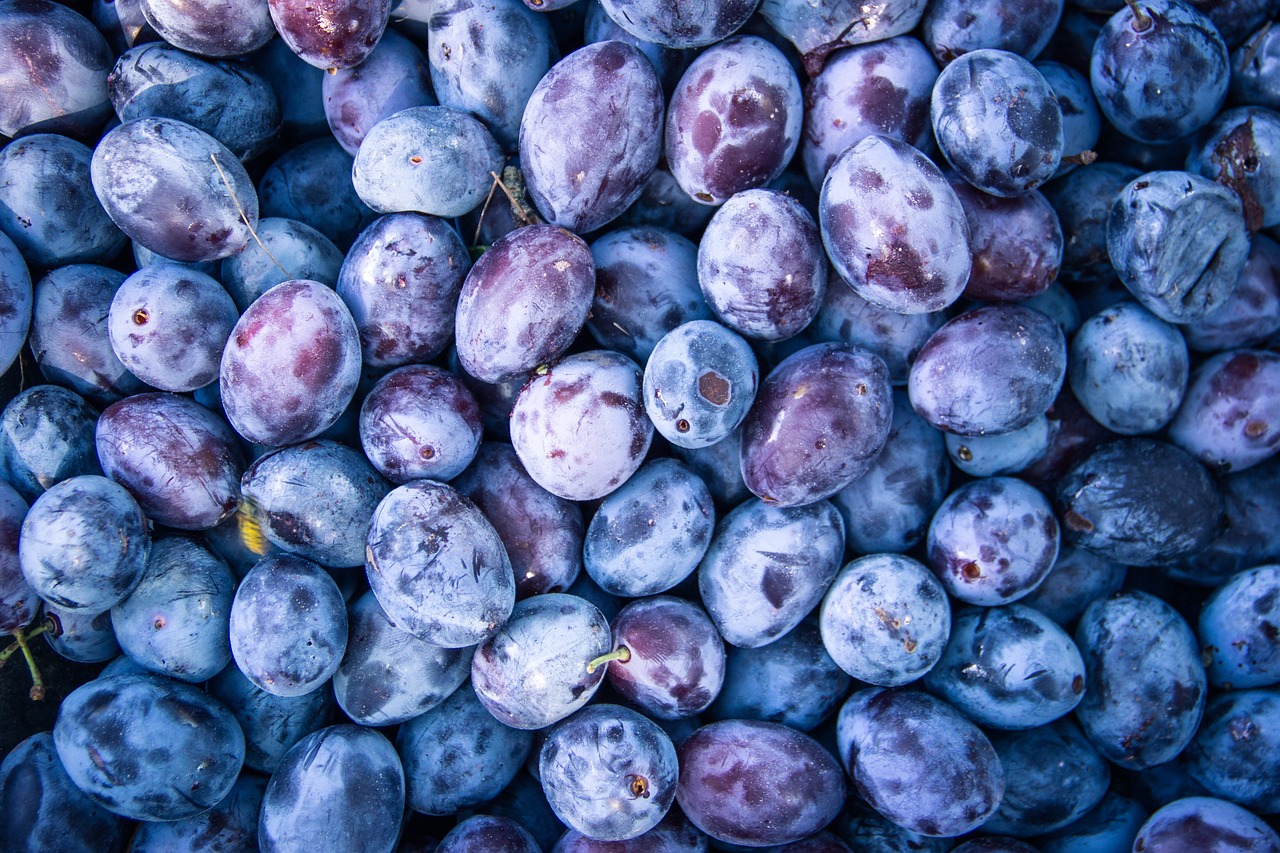
Environmental Impact
The environmental impact of our food choices is a topic that has gained significant attention in recent years. As we grapple with the realities of climate change, resource depletion, and biodiversity loss, the question arises: how can our diets contribute to a more sustainable future? Enter veganism—a lifestyle that not only promotes personal health but also offers a powerful solution to some of the most pressing environmental challenges we face today. By adopting a plant-based diet, individuals can significantly reduce their carbon footprint, conserve vital resources, and contribute to the preservation of our planet.
One of the most compelling arguments for veganism lies in its ability to combat climate change. Animal agriculture is a leading contributor to greenhouse gas emissions, accounting for approximately 14.5% of total emissions globally. This figure is staggering when you consider that the production of meat and dairy releases more carbon dioxide, methane, and nitrous oxide than all of the world's cars combined! By choosing to eliminate or reduce animal products from our diets, we can play a direct role in lowering these emissions. In fact, studies have shown that transitioning to a vegan diet can reduce an individual's carbon footprint by up to 73% compared to a meat-heavy diet.
But the benefits of veganism extend beyond just carbon emissions. Water conservation is another critical factor to consider. Did you know that it takes an astonishing 1,800 gallons of water to produce just one pound of beef? In contrast, producing a pound of vegetables requires only about 39 gallons. This stark difference highlights the inefficiency of animal farming in terms of water usage. By opting for a plant-based diet, we not only reduce our own water consumption but also help mitigate water scarcity issues that are becoming increasingly prevalent in many parts of the world.
| Food Type | Water Usage (Gallons per Pound) |
|---|---|
| Beef | 1,800 |
| Pork | 576 |
| Chicken | 468 |
| Vegetables | 39 |
| Legumes | 27 |
Additionally, the impact of veganism on land use cannot be overlooked. Animal farming requires vast amounts of land for grazing and growing animal feed, leading to deforestation and habitat destruction. In contrast, plant-based agriculture is significantly more land-efficient. For instance, producing one calorie of animal protein requires up to 11 times more land than producing a calorie of plant protein. This inefficiency not only threatens wildlife habitats but also exacerbates food insecurity as we struggle to feed a growing global population.
In essence, embracing a vegan lifestyle is not just a personal choice; it is a collective movement towards sustainability. By reducing our reliance on animal products, we can make a meaningful impact on the environment, conserve precious resources, and promote a healthier planet for future generations. As we navigate these complex issues, it’s crucial to recognize that every small change counts. Whether you’re a full-time vegan or simply incorporating more plant-based meals into your diet, you are contributing to a larger solution that benefits us all.
- What are the main environmental benefits of a vegan diet? A vegan diet reduces greenhouse gas emissions, conserves water, and uses land more efficiently compared to diets high in animal products.
- How does veganism help combat climate change? By eliminating or reducing animal products, individuals can significantly lower their carbon footprint, as animal agriculture is a major source of greenhouse gas emissions.
- Is it possible to get enough nutrients on a vegan diet? Yes! With careful planning, a vegan diet can provide all the essential nutrients needed for a healthy lifestyle.

Resource Allocation
The debate over resource allocation in agriculture is a crucial aspect of the vegan conversation. When we think about the resources that go into producing our food, it’s staggering to consider how much land, water, and energy are consumed in animal agriculture compared to plant-based farming. Imagine a world where we could feed more people with less strain on our planet. This is where veganism comes into play, advocating for a shift towards more sustainable practices that prioritize efficiency and conservation.
To put things into perspective, let’s look at some numbers. According to various studies, producing one kilogram of beef can require up to 15,000 liters of water, while growing a kilogram of vegetables might only use around 300 liters. That’s a remarkable difference! By adopting a vegan lifestyle, we can significantly reduce our water footprint and contribute to alleviating the global water scarcity crisis. Furthermore, land use is another critical factor; a plant-based diet can yield far more food per acre than one reliant on animal products. For instance, a report from the Food and Agriculture Organization (FAO) suggests that if we transitioned to plant-based diets, we could free up vast tracts of land currently used for livestock grazing.
Here’s a simple breakdown:
| Food Type | Land Use (hectares per ton) | Water Use (liters per kilogram) |
|---|---|---|
| Beef | 20 | 15,000 |
| Pork | 7 | 6,000 |
| Chicken | 4 | 4,000 |
| Vegetables | 0.5 | 300 |
This table illustrates the stark contrast in resource allocation between animal and plant-based foods. As you can see, the environmental impact of shifting towards a vegan diet is not just beneficial; it’s essential for a sustainable future. By reallocating resources from animal agriculture to plant-based farming, we can create a more resilient food system that not only meets the needs of a growing population but also protects our planet.
Moreover, as we face the challenges of climate change, resource allocation becomes even more critical. A plant-based diet not only conserves water and land but also reduces greenhouse gas emissions significantly. By choosing to embrace veganism, we are not just making a personal dietary choice; we are participating in a larger movement that advocates for a healthier planet and a more equitable food distribution system. It’s about recognizing that every meal we consume is an opportunity to make a positive impact.
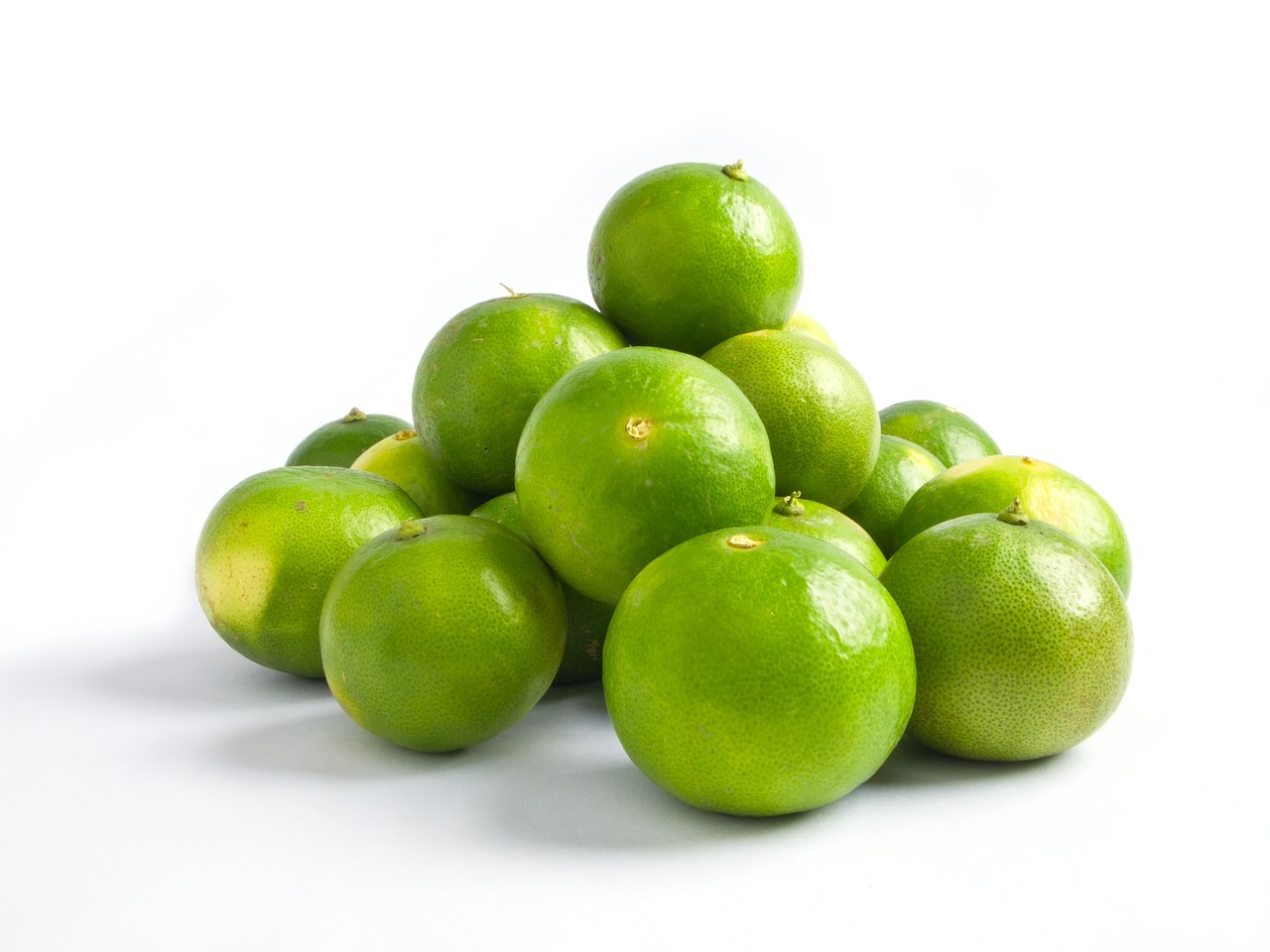
Land Use Efficiency
When we think about food production, it's easy to overlook the vast amounts of land required to raise livestock compared to the relatively smaller areas needed for growing crops. is a crucial factor in the discussion of veganism and its potential to create a more sustainable future. In fact, studies have shown that producing plant-based foods can yield significantly more calories per acre than animal-based foods. This means that by shifting towards a vegan diet, we can utilize our land resources in a more effective manner.
Imagine a world where the land currently used for raising animals could instead be transformed into lush fields of grains, fruits, and vegetables. Not only would this enhance food security by increasing the variety of food available, but it would also reduce the pressure on our planet's ecosystems. According to research, plant-based diets can produce up to 10 times more food per acre than diets high in animal products. This is a staggering statistic that highlights the potential for a vegan lifestyle to contribute to global food security.
Moreover, the environmental footprint of animal agriculture is alarming. It requires vast expanses of land not only for grazing but also for growing feed crops. This leads to deforestation and habitat destruction, which further exacerbates climate change. In contrast, vegan agriculture promotes the use of land in a way that is more aligned with ecological preservation. By focusing on crops that can be consumed directly by humans, we can significantly reduce the need for land that is otherwise used inefficiently.
To put this into perspective, let's consider a simple comparison of land use:
| Food Type | Land Required (Acres per 1000 Calories) |
|---|---|
| Beef | 28 |
| Pork | 18 |
| Chicken | 14 |
| Wheat | 1.4 |
| Rice | 2.4 |
| Potatoes | 0.6 |
This table illustrates just how much more land is needed to produce animal-based foods compared to staple crops. The stark difference showcases the inefficiency of animal agriculture and emphasizes the potential benefits of adopting a vegan diet. By choosing plant-based options, we can help alleviate the strain on our planet's resources and make a positive impact on the environment.
Ultimately, embracing a vegan lifestyle is not just about personal health; it's about creating a sustainable future for our planet. By prioritizing land use efficiency through plant-based diets, we take a significant step towards mitigating climate change and ensuring that future generations have access to the resources they need to thrive.
- What is land use efficiency? Land use efficiency refers to how effectively land is utilized for food production, with a focus on maximizing the output of food per acre.
- How does veganism improve land use? Veganism reduces the need for land dedicated to raising livestock, allowing more land to be used for growing crops directly consumed by humans.
- What are the environmental benefits of a vegan diet? A vegan diet can help reduce deforestation, conserve water, and lower greenhouse gas emissions, contributing to a healthier planet.
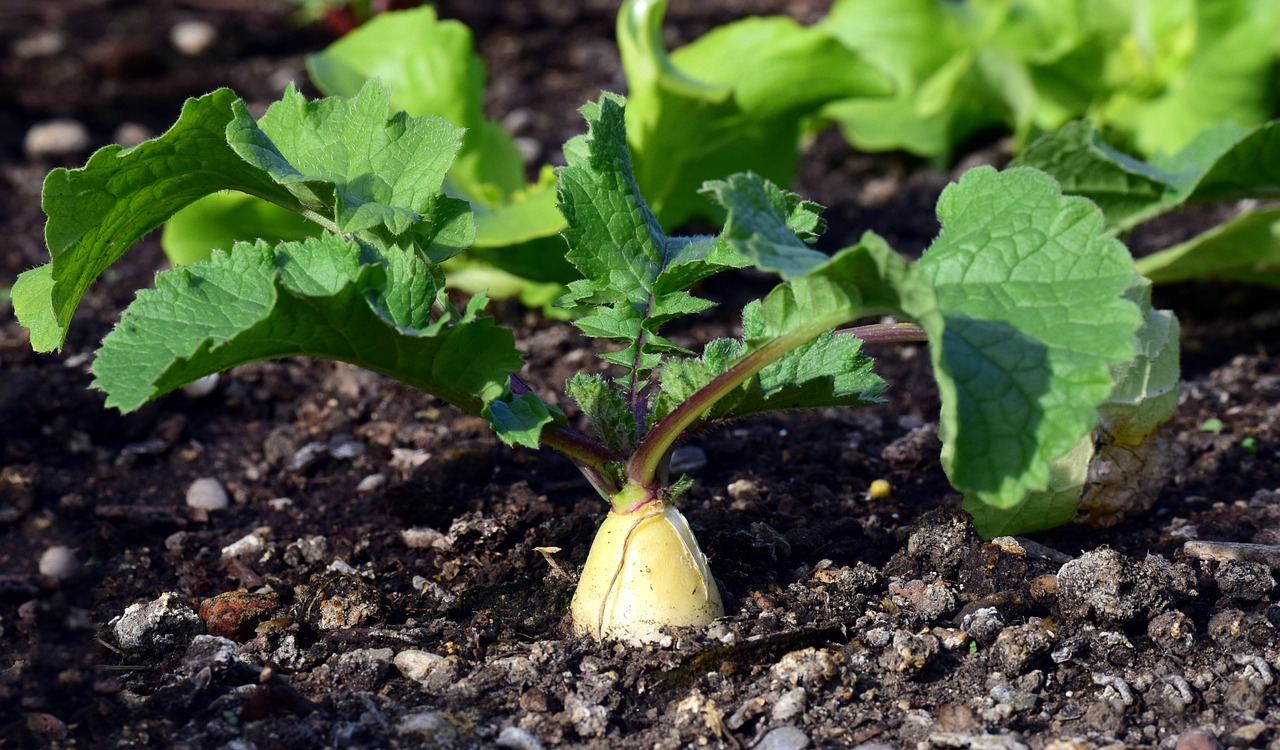
Water Consumption
When we think about our daily water usage, we often picture our showers, washing machines, and perhaps that refreshing glass of water we sip on a hot day. However, there's a hidden aspect of water consumption that rarely gets the spotlight: the water required for food production. The contrast between the water footprint of animal agriculture and plant-based farming is staggering. Did you know that producing a single pound of beef can require over 1,800 gallons of water? This figure is not just a number; it represents the vast amounts of water needed for raising animals, growing their feed, and processing the meat. In comparison, a pound of lentils requires only about 600 gallons of water. This disparity highlights why adopting a vegan lifestyle can significantly contribute to addressing water scarcity issues.
Water scarcity is a pressing global challenge, and the agricultural sector is one of the largest consumers of freshwater resources. As we face increasing droughts and water shortages, the need to rethink our food choices becomes imperative. By choosing a plant-based diet, we not only reduce our personal water footprint but also contribute to a larger movement towards sustainable agriculture. The following table illustrates the water usage for various food items:
| Food Item | Water Required (Gallons per Pound) |
|---|---|
| Beef | 1,800 |
| Pork | 600 |
| Chicken | 500 |
| Lentils | 600 |
| Tofu | 300 |
As illustrated, the water footprint of animal products is significantly higher than that of plant-based foods. This is not just a matter of numbers; it’s about making conscious choices that can lead to a more sustainable and water-efficient food system. Transitioning to a vegan diet can help alleviate some of the pressure on our planet’s freshwater resources. Imagine if everyone made even small changes to their diets; the cumulative effect could be monumental!
Moreover, the water consumed in animal agriculture is not just about the water provided for the animals themselves. It includes the water needed for growing their feed, which often involves vast amounts of irrigation. This means that by reducing our reliance on animal products, we can free up water resources that can be redirected towards other essential needs, such as drinking water for communities or irrigation for crops that feed people directly. It’s a win-win situation!
In conclusion, the conversation around water consumption in relation to dietary choices is crucial. By understanding the impact of our food choices on water resources, we can make informed decisions that not only benefit our health but also contribute to the health of our planet. So, next time you're contemplating what to eat, consider the water footprint of your meal. You might just find that opting for that hearty vegetable stir-fry instead of a steak not only feels good but also does good!
- What is the water footprint of a vegan diet compared to a meat-based diet?
The water footprint of a vegan diet is significantly lower than that of a meat-based diet, as plant-based foods generally require less water to produce. - How can I reduce my water consumption through my diet?
By choosing more plant-based foods and reducing meat and dairy intake, you can effectively lower your water consumption. - Are there specific plant-based foods that are particularly water-efficient?
Yes, foods like lentils, beans, and tofu have a much lower water requirement compared to animal products.
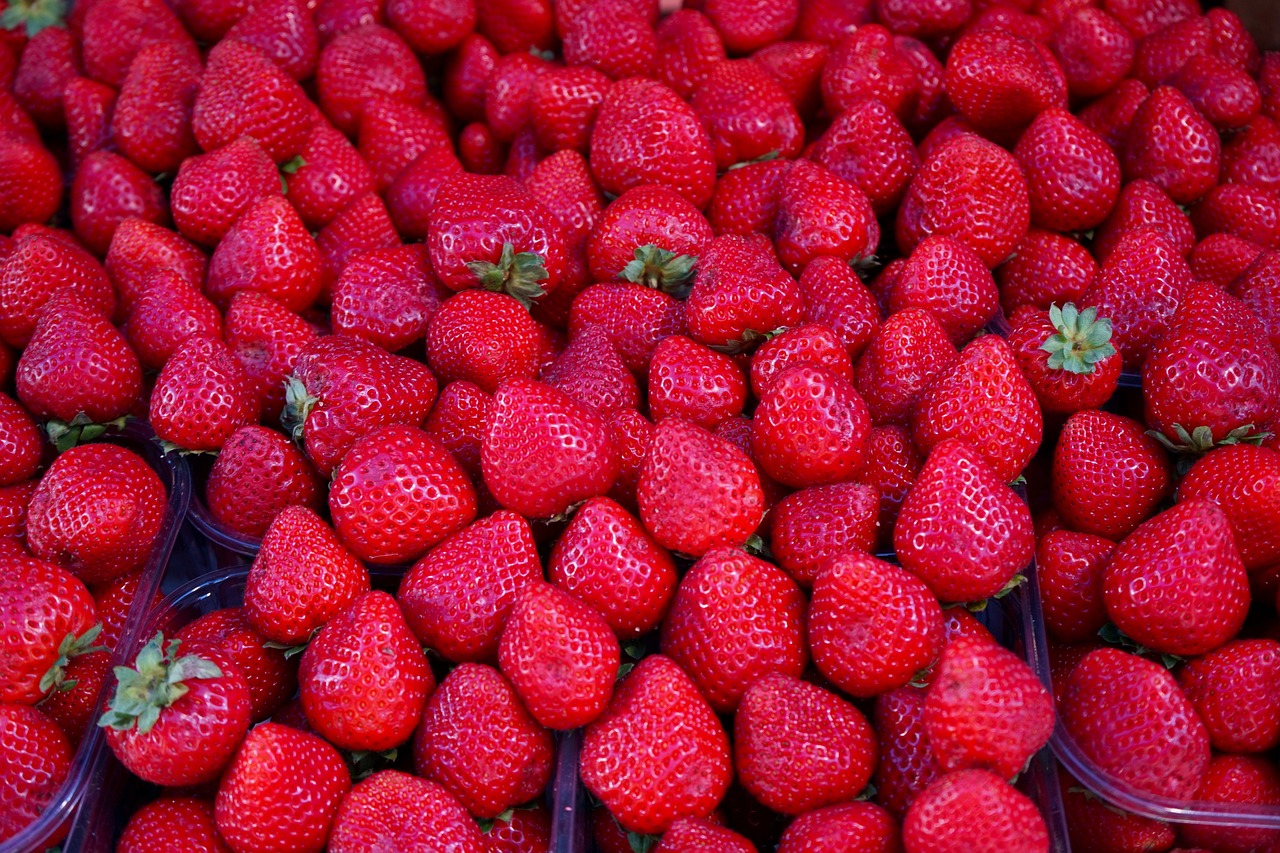
Health Considerations
The health implications of adopting a vegan diet are often a hot topic of discussion. On one hand, many studies suggest that a well-planned vegan diet can offer numerous nutritional benefits, while on the other hand, some people raise concerns about potential deficiencies. So, what’s the truth? Let’s dive into the details and explore the health landscape of veganism.
One of the most significant benefits of a vegan diet is its association with lower risks of chronic diseases. Research indicates that vegans often enjoy lower blood pressure, reduced cholesterol levels, and a decreased risk of heart disease. This can largely be attributed to the high intake of fruits, vegetables, whole grains, and legumes, which are staples of a vegan diet. These foods are rich in essential nutrients and antioxidants, which play a crucial role in maintaining overall health.
However, it's essential to recognize that going vegan isn't a magic bullet for health. Like any diet, it requires thoughtful planning to ensure that all nutritional needs are met. For instance, certain nutrients may be more challenging to obtain from a vegan diet, including:
- Vitamin B12: This vitamin is primarily found in animal products, so vegans must seek fortified foods or consider supplements.
- Iron: While plant-based foods contain iron, it’s often in a less absorbable form. Incorporating vitamin C-rich foods can enhance absorption.
- Omega-3 Fatty Acids: These are crucial for heart and brain health. Vegans can find them in flaxseeds, chia seeds, and walnuts, but they may need to monitor their intake closely.
- Calcium: Essential for bone health, calcium can be found in fortified plant milks and leafy greens, but it requires attention to ensure adequate intake.
The key to a healthy vegan diet is variety and balance. It’s not just about what you eliminate but what you include in your meals. A diverse range of fruits, vegetables, whole grains, nuts, and seeds can help provide all the essential nutrients your body needs. To keep things exciting and nutritious, consider experimenting with different cuisines and cooking methods. For instance, try incorporating more legumes into your meals, which are not only protein-rich but also versatile. You can use them in salads, stews, or even as a base for veggie burgers!
Moreover, it's important to listen to your body. Some individuals may find certain vegan foods don’t agree with them, while others may thrive on a plant-based diet. Keeping a food diary can help you track how your body responds to different foods, making it easier to adjust your diet as needed. Remember, transitioning to a vegan lifestyle is a journey, and it’s perfectly fine to seek guidance from a healthcare professional or a registered dietitian who specializes in vegan nutrition.
In conclusion, while a vegan diet can offer numerous health benefits, it requires careful planning to avoid deficiencies. By focusing on a variety of whole, nutrient-dense foods and being mindful of specific nutrients, anyone can enjoy the health benefits of a vegan lifestyle. So, if you’re considering making the switch, embrace the adventure of exploring new foods and flavors!
- Can I get enough protein on a vegan diet? Yes! There are plenty of plant-based protein sources, including lentils, chickpeas, quinoa, tofu, and tempeh.
- Is it necessary to take supplements on a vegan diet? While it’s possible to meet most nutritional needs through food, some individuals may benefit from supplements, particularly for vitamin B12.
- How can I ensure I'm getting all the necessary nutrients? Focus on a varied diet rich in fruits, vegetables, whole grains, nuts, and seeds. Consulting with a dietitian can also provide personalized guidance.
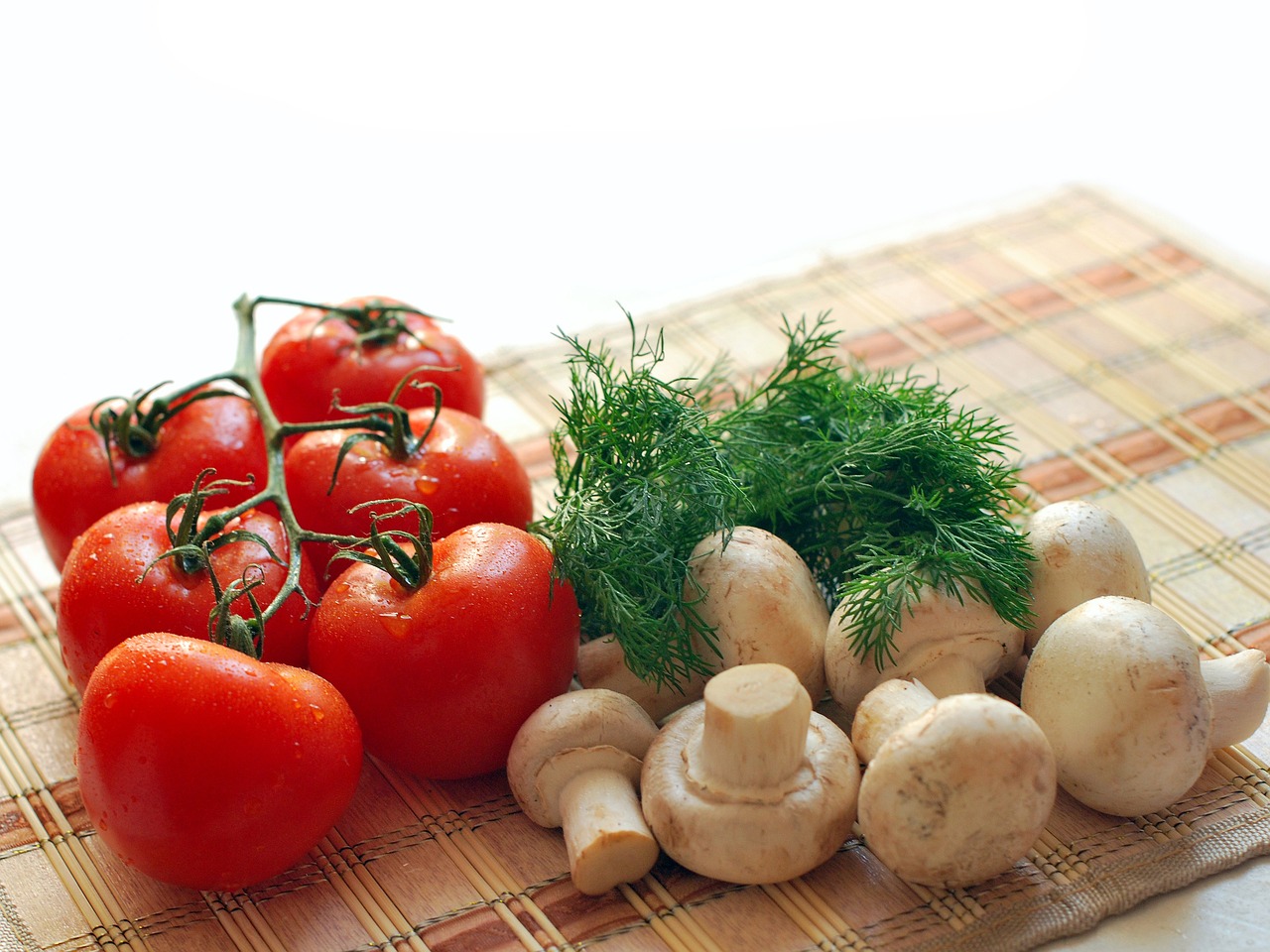
Common Misconceptions
When it comes to veganism, misconceptions abound like weeds in a garden. Many people harbor the belief that a vegan diet is inherently restrictive or lacking in essential nutrients. However, this couldn't be further from the truth! In reality, a well-planned vegan diet can be as diverse and satisfying as any other dietary choice. One of the most persistent myths is that vegans cannot get enough protein. This is a common concern, but the truth is that there are numerous plant-based sources rich in protein. For instance, legumes, nuts, seeds, and whole grains can all contribute significantly to your daily protein intake.
To illustrate this point, let's take a look at the protein content of some popular vegan foods in the table below:
| Food Item | Protein Content (per 100g) |
|---|---|
| Chickpeas | 19g |
| Lentils | 9g |
| Quinoa | 4g |
| Tofu | 8g |
| Chia Seeds | 17g |
As you can see, there are plenty of options to choose from! Another misconception is that vegan diets are deficient in essential vitamins and minerals. While it’s true that some nutrients, like Vitamin B12, are more challenging to obtain from plant sources, there are many fortified foods and supplements available to help vegans meet their nutritional needs. Moreover, focusing on a varied diet that includes fruits, vegetables, whole grains, and healthy fats can ensure that you’re getting a balanced intake of all necessary nutrients.
It's also a common belief that vegans eat a limited variety of foods. In reality, the world of plant-based eating is rich with flavors and textures. From vibrant stir-fries to hearty bean stews, the options are endless! Many vegans enjoy experimenting with international cuisines that naturally lend themselves to plant-based ingredients, such as Indian, Thai, and Mediterranean dishes. So, if you think a vegan diet is boring, think again!
In conclusion, while there are many misconceptions surrounding veganism, understanding the facts can help clear the air. With a little planning and creativity, a vegan lifestyle can be not only healthy but also incredibly satisfying. So, the next time you hear someone mention these myths, you can confidently set the record straight!
- Can I get enough protein on a vegan diet? Yes! There are many plant-based sources of protein, such as legumes, nuts, and seeds.
- Is it difficult to get all the necessary nutrients? With a varied diet and possibly some supplements, it’s quite manageable to obtain all essential nutrients on a vegan diet.
- Are vegan diets boring? Absolutely not! Vegan diets can be incredibly diverse, featuring a wide range of delicious foods from various cuisines.
- What about Vitamin B12? Vitamin B12 is primarily found in animal products, but vegans can consume fortified foods or take supplements to meet their needs.
- Is veganism expensive? While some specialty vegan products can be pricey, a whole-foods, plant-based diet can actually be quite affordable, especially when focusing on grains and legumes.

Protein Sources
When it comes to the age-old myth that vegans can't get enough protein, it's time to set the record straight. The truth is, plant-based diets can be incredibly rich in protein, and they come with a host of additional health benefits. Think of protein as the building block of life; it’s essential for muscle repair, immune function, and overall health. But where do vegans find their protein? The answer is not only in beans and lentils, but also in a variety of other delicious foods that might surprise you.
First off, legumes are a fantastic source of protein. Foods like chickpeas, black beans, and lentils can pack a serious punch when it comes to protein content. For example, just one cup of cooked lentils can provide around 18 grams of protein. But that’s just the tip of the iceberg! Here’s a quick look at some other protein-rich plant foods:
| Food | Protein Content (per 100g) |
|---|---|
| Chickpeas | 19g |
| Quinoa | 14g |
| Tofu | 8g |
| Tempeh | 19g |
| Peanuts | 25g |
But it doesn't stop there! Nuts and seeds are also protein powerhouses. For instance, almonds and pumpkin seeds are not only delicious snacks but also provide a healthy dose of protein. You might want to sprinkle some chia seeds on your morning smoothie or add a handful of walnuts to your salad. These small additions can significantly boost your protein intake while also offering healthy fats and fiber.
And let’s not forget about whole grains! Foods like brown rice, oats, and barley contribute to your protein needs while also providing essential nutrients and fiber. A common misconception is that grains lack protein, but when combined with legumes, they form a complete protein, meaning they contain all the essential amino acids your body needs. So, next time you're enjoying a hearty bowl of rice and beans, you can feel good knowing you're fueling your body with complete nutrition.
Another exciting option for vegans is the growing variety of plant-based protein products available today. From protein powders made from peas or hemp to meat alternatives like seitan and veggie burgers, there are countless ways to incorporate protein into your diet without ever touching animal products. These products are designed not just to mimic the taste of meat but also to offer a satisfying protein punch.
In summary, the idea that vegans struggle to meet their protein needs is a myth that deserves to be debunked. With a little creativity and knowledge, anyone can find plenty of protein sources within a plant-based diet. So, whether you're a lifelong vegan or someone just dipping their toes into the plant-based waters, remember that protein is all around you, waiting to be enjoyed!
- Can vegans get enough protein? Absolutely! Vegans can meet their protein needs through a variety of plant-based foods.
- What are some high-protein vegan foods? Some great options include lentils, chickpeas, quinoa, tofu, nuts, and seeds.
- Is it necessary to combine foods to get complete proteins? While combining legumes and grains can create complete proteins, it's not necessary to do so at every meal; your body can store amino acids.
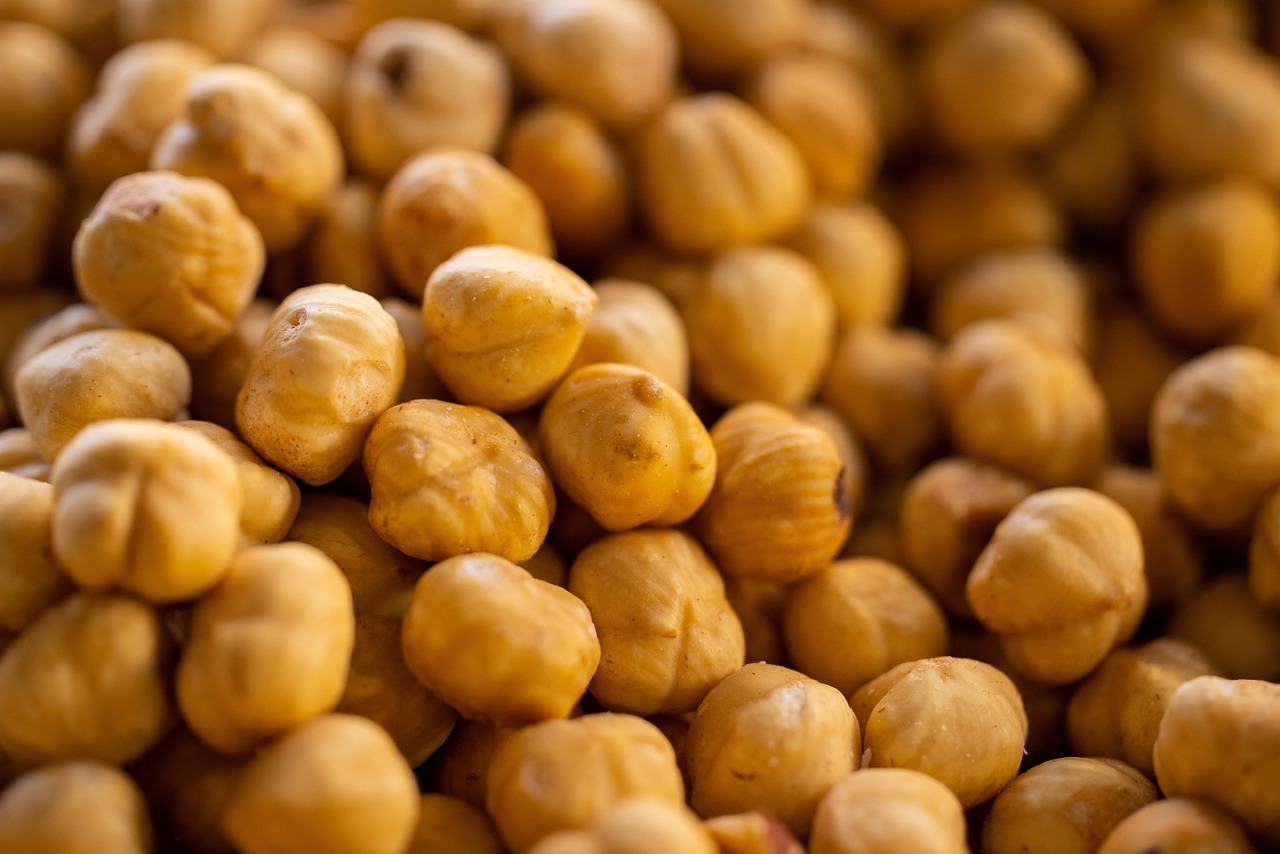
Nutritional Balance
When it comes to adopting a vegan lifestyle, one of the most pressing concerns is how to maintain a nutritionally balanced diet. Many people mistakenly believe that going vegan means sacrificing essential nutrients, but that couldn't be further from the truth! In fact, a well-planned vegan diet can be incredibly rich in vitamins, minerals, and other nutrients that are crucial for optimal health.
To achieve a balanced vegan diet, it’s important to focus on a variety of foods that provide the necessary nutrients. This includes fruits, vegetables, whole grains, legumes, nuts, and seeds. Each of these food groups offers unique health benefits, and together they can help you meet your nutritional needs. For instance, legumes like lentils and chickpeas are not only high in protein but also provide fiber, which is essential for digestive health.
Here’s a quick breakdown of key nutrients to consider:
| Nutrient | Plant-Based Sources | Health Benefits |
|---|---|---|
| Protein | Tofu, tempeh, lentils, quinoa | Supports muscle growth and repair |
| Iron | Spinach, lentils, chickpeas, pumpkin seeds | Essential for oxygen transport in the blood |
| Calcium | Fortified plant milks, tofu, almonds, leafy greens | Important for bone health |
| Vitamin B12 | Fortified foods, nutritional yeast, supplements | Crucial for nerve function and blood cell production |
| Omega-3 Fatty Acids | Chia seeds, flaxseeds, walnuts | Supports heart health and brain function |
Now, you might be wondering, “How can I ensure I'm getting enough of these nutrients?” The answer lies in diversity and planning. Incorporating a wide range of foods into your diet will help you cover all your bases. For example, if you're concerned about protein intake, combining different sources like beans with rice can create a complete protein profile. This is similar to how a painter uses different colors to create a beautiful masterpiece; the more colors you use, the more vibrant the picture becomes!
Additionally, it’s crucial to pay attention to fortified foods. Many plant-based milks and cereals are fortified with essential nutrients like Vitamin B12 and calcium, making it easier for vegans to meet their dietary needs. However, it’s also wise to consider taking a B12 supplement, as this vitamin is primarily found in animal products.
In conclusion, achieving nutritional balance on a vegan diet is entirely possible with a little knowledge and effort. By focusing on a variety of whole foods and being mindful of nutrient intake, you can enjoy a vibrant, healthy lifestyle that supports both your body and the planet.
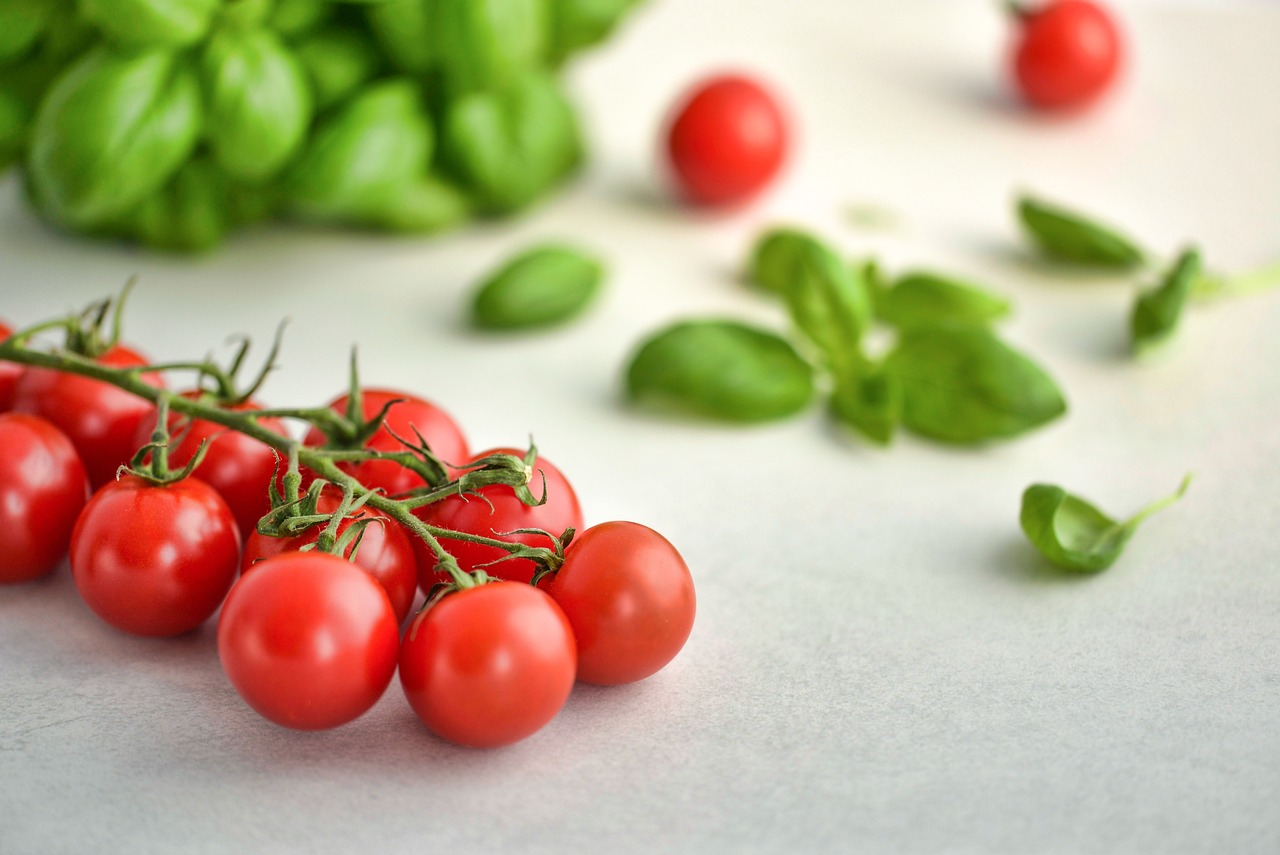
Societal Pressures and Acceptance
The journey into veganism is often a personal one, but it doesn't happen in a vacuum. Many individuals find themselves navigating through a maze of societal pressures and cultural norms that can make the transition to a vegan lifestyle challenging. Imagine stepping into a party where everyone is enjoying a meat-laden feast while you clutch your vegan dish, feeling like an alien in a world of carnivores. This scenario is all too common for many vegans, who often face social stigma and scrutiny from friends, family, and even strangers. The pressure to conform can be overwhelming, leading to feelings of isolation or the need to justify one's food choices constantly.
In many cultures, meat consumption is deeply embedded in traditions and celebrations. For instance, think about holiday dinners or family gatherings where the centerpiece is often a roast or a barbecue. These moments can become a battleground of beliefs, where vegans might feel like they are challenging not just a meal but a way of life. As a result, vegans may encounter a variety of reactions, from curiosity and support to outright hostility. This disparity in acceptance can lead to a sense of alienation, as the very act of choosing a plant-based diet can be perceived as a rejection of shared values.
However, the tide is slowly turning. With the rise of social media and awareness campaigns, more people are becoming educated about the benefits of a vegan lifestyle. The increasing visibility of plant-based diets in restaurants, grocery stores, and even mainstream media has contributed to a growing acceptance of veganism as a valid lifestyle choice. This shift is not just a trend; it's a reflection of changing attitudes towards health, the environment, and animal rights. As more individuals embrace veganism, the stigma surrounding it begins to fade, paving the way for a more inclusive conversation about food choices.
To illustrate this growing acceptance, consider the following table that highlights the changing perceptions of veganism over the past decade:
| Year | Acceptance Level | Key Events |
|---|---|---|
| 2010 | Low | Veganism seen as fringe |
| 2015 | Moderate | Documentaries like "What the Health" gain popularity |
| 2020 | High | Plant-based options explode in restaurants and grocery stores |
| 2023 | Very High | Veganism recognized as a mainstream lifestyle choice |
Community support plays a crucial role in helping individuals navigate these societal pressures. Many vegans find solace in local or online communities where they can share experiences, recipes, and tips. These groups often provide a sense of belonging that can counteract the feelings of isolation that sometimes accompany a vegan lifestyle. Engaging with others who share similar values can be empowering, reinforcing the idea that one’s choices are valid and worthy of respect.
In conclusion, while societal pressures and acceptance can present challenges for those choosing veganism, the landscape is changing. As awareness grows and more people embrace plant-based diets, the stigma associated with veganism is gradually diminishing. It's essential for non-vegans to approach the topic with understanding and empathy, recognizing that food choices can be deeply personal. After all, we all have the right to choose what we eat without fear of judgment.
- What is veganism? Veganism is a lifestyle choice that excludes all animal products, including meat, dairy, and eggs.
- Is veganism healthy? A well-planned vegan diet can be very healthy and offers numerous health benefits, including lower risks of heart disease and obesity.
- How can I support my vegan friends? Show interest and respect their choices. Consider offering plant-based options when hosting gatherings.
- Can vegans get enough protein? Yes! There are plenty of plant-based protein sources like beans, lentils, tofu, and quinoa.
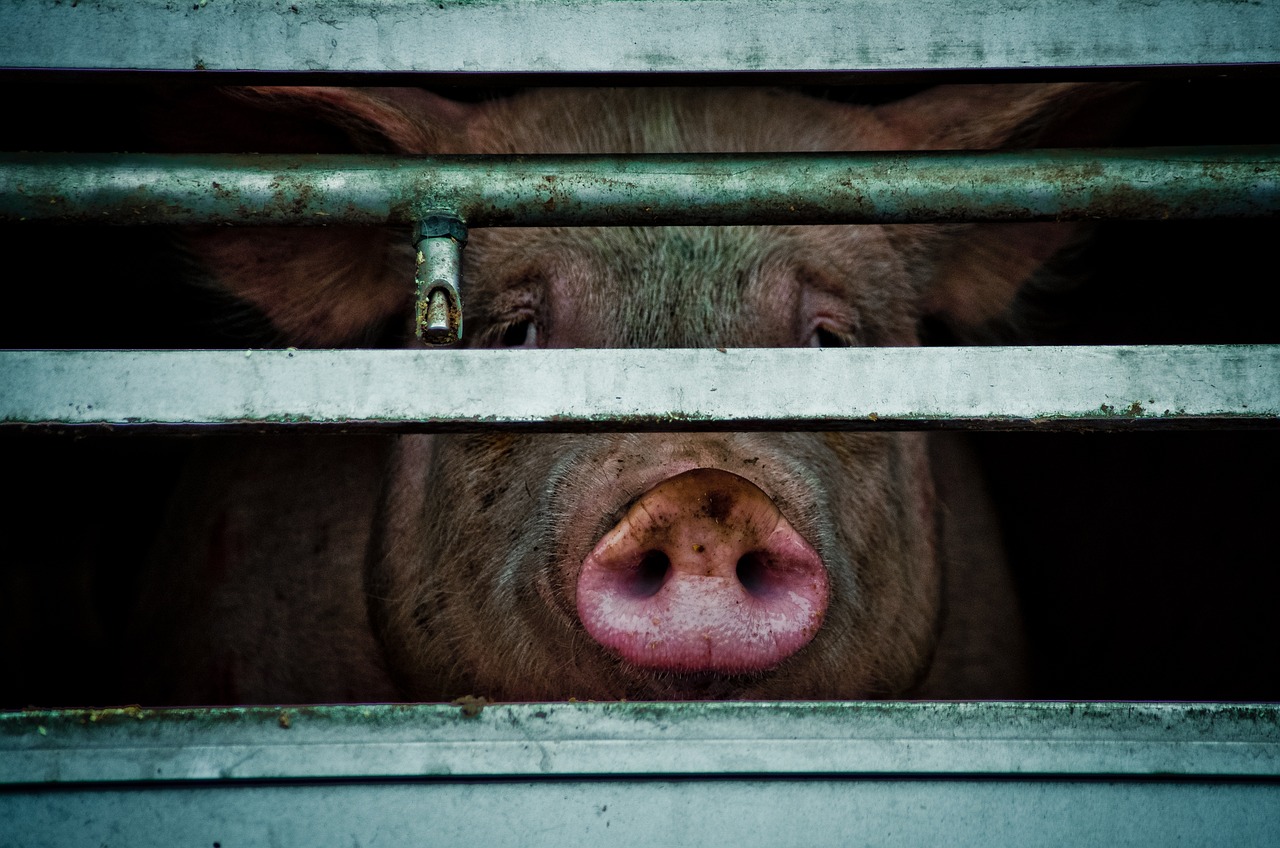
Social Stigma
When it comes to veganism, the can often feel like an uphill battle. Imagine walking into a room filled with friends, all enjoying their juicy steaks and cheesy pizzas, while you sit there with your salad. It’s not just about what’s on your plate; it’s about the perception others have of your choices. Many people view vegans through a lens of skepticism, often associating them with extreme dietary restrictions or a self-righteous attitude. This stigma can create uncomfortable situations, making it hard for vegans to feel accepted or understood.
One of the most common misconceptions is that vegans are preachy or judgmental about their dietary choices. In reality, many vegans simply want to share their lifestyle without imposing it on others. However, the societal narrative often paints them as the “food police,” which can lead to awkward exchanges at gatherings. For instance, you might hear comments like, “Oh, you’re one of *those* people,” or “You must miss out on so much!” These statements can feel less like genuine curiosity and more like a challenge to your lifestyle.
Moreover, the stigma can extend beyond casual remarks. In some cultures, meat consumption is deeply embedded in traditions and celebrations. This can make vegans feel alienated during family gatherings or cultural events. The pressure to conform to societal norms can be overwhelming, leading some to question their commitment to a vegan lifestyle. It’s like trying to swim upstream while everyone else is floating downstream with ease.
Despite these challenges, the tide is slowly turning. As more people become aware of the ethical, environmental, and health benefits of veganism, acceptance is growing. Social media platforms are filled with vibrant communities that celebrate plant-based living, providing a sense of belonging for those who feel isolated. Support groups, online forums, and local vegan meetups can offer much-needed camaraderie, helping individuals navigate the complexities of their vegan journey.
Ultimately, breaking down the social stigma surrounding veganism requires a collective effort. It’s about fostering understanding and empathy, encouraging open conversations about dietary choices without judgment. As more individuals embrace a vegan lifestyle, the hope is that society will shift its perception, recognizing that veganism is not just a diet but a conscious choice that can lead to a healthier planet and a more humane world.
- What are some common misconceptions about veganism? Many believe that vegans lack protein or variety in their diets, which is far from the truth.
- How can I support a friend who is vegan? Be understanding and open to their choices; try to accommodate their dietary needs during social gatherings.
- Is veganism expensive? While some vegan products can be pricey, a plant-based diet can be budget-friendly with whole foods like grains, beans, and seasonal vegetables.
- Can I be vegan and still enjoy eating out? Absolutely! Many restaurants now offer vegan options, and apps can help find vegan-friendly eateries.

Community and Support
Transitioning to a vegan lifestyle can feel like stepping into uncharted waters, doesn't it? That's why having a strong community and support system is absolutely essential. When you're surrounded by like-minded individuals who share your values and beliefs, the journey becomes not just easier, but also much more enjoyable. Imagine having a group of friends who understand your passion for animal rights, environmental sustainability, and health—it's like finding your tribe!
One of the most significant advantages of being part of a vegan community is the wealth of knowledge and resources available at your fingertips. Whether you're looking for delicious recipes, nutritional tips, or advice on how to navigate social situations, you can find it all within these supportive circles. Local vegan meetups, online forums, and social media groups are just a few places where you can connect with others who are also on this journey.
Moreover, many cities have vegan organizations that host events, workshops, and social gatherings. These events not only provide a platform for sharing experiences but also foster a sense of belonging. For instance, you can attend cooking classes that focus on plant-based meals, participate in community potlucks, or join group outings to vegan restaurants. Such activities not only enhance your culinary skills but also allow you to make lasting friendships with fellow vegans.
In addition to local communities, online platforms have become a haven for vegans. Websites, blogs, and social media channels dedicated to veganism offer a treasure trove of information. You can join Facebook groups or follow Instagram accounts that share tips, stories, and support. These virtual communities can be especially helpful for those who may not have access to local vegan groups, ensuring that no one feels isolated on their journey.
It’s also important to recognize that building a supportive network goes both ways. As you gain knowledge and confidence in your vegan lifestyle, you can become a source of support for others. Sharing your journey, experiences, and even challenges can inspire newcomers and help dispel myths surrounding veganism. In this way, the community grows stronger as everyone contributes their unique perspectives and insights.
To sum it up, the importance of community and support in the vegan journey cannot be overstated. It’s about sharing, learning, and growing together. Embracing a vegan lifestyle might feel daunting at first, but with the right support system, you’ll find that it can be one of the most rewarding decisions you ever make. So, reach out, get involved, and let the community uplift you as you embark on this incredible journey!
- What are the best resources for new vegans? There are numerous websites, books, and social media accounts dedicated to veganism that provide valuable information. Consider checking out resources like "The Vegan Society" or popular vegan cookbooks.
- How can I find local vegan groups? Look for local vegan meetups on platforms like Meetup.com or search for community groups on social media platforms. Many cities have dedicated vegan organizations that host events.
- What should I do if my friends or family don't support my vegan lifestyle? It's important to communicate your reasons for choosing veganism. Sharing articles or documentaries can help them understand your perspective. Remember, patience and empathy go a long way!
- Can I maintain a balanced diet as a vegan? Absolutely! A well-planned vegan diet can provide all the essential nutrients you need. Focus on a variety of fruits, vegetables, grains, nuts, and seeds to ensure a balanced intake.
Frequently Asked Questions
- What are the main ethical reasons for adopting a vegan lifestyle?
Many people choose veganism for ethical reasons, primarily focusing on animal rights and welfare. They believe that all sentient beings deserve to live free from suffering and exploitation. By avoiding animal products, vegans aim to reduce harm to animals and promote a more compassionate world.
- How does veganism impact the environment?
Veganism has a profound positive impact on the environment. By shifting towards a plant-based diet, individuals can significantly lower their carbon footprint, conserve water, and reduce deforestation. Plant-based diets typically require less land and resources, making them a more sustainable choice for combating climate change.
- Can I get enough protein on a vegan diet?
Absolutely! A common misconception is that vegans struggle to get enough protein. In reality, there are plenty of plant-based sources rich in protein, such as lentils, chickpeas, quinoa, tofu, and various nuts and seeds. With a little planning, it’s easy to meet your protein needs on a vegan diet.
- What are the health benefits of a vegan diet?
A vegan diet can offer numerous health benefits, including lower risks of heart disease, high blood pressure, diabetes, and certain cancers. It’s typically high in fiber, vitamins, and antioxidants, which contribute to overall health. However, it’s essential to ensure a balanced intake of nutrients, including vitamins B12, D, and omega-3 fatty acids.
- How can I maintain a balanced diet as a vegan?
Maintaining a balanced vegan diet involves consuming a variety of foods to ensure you get all essential nutrients. Focus on including fruits, vegetables, whole grains, legumes, nuts, and seeds. Consider consulting a nutritionist for personalized advice and to help you navigate any potential nutritional gaps.
- What challenges do vegans face in social situations?
Vegans can encounter social stigma and pressure in various situations, such as dining out or attending gatherings. It’s not uncommon to feel isolated or misunderstood. However, many people are becoming more aware and accepting of veganism, and open conversations can help bridge the gap with non-vegans.
- Are there communities or resources for support?
Yes! There are numerous vegan communities and resources available online and offline. Joining local vegan groups, participating in forums, or following social media pages dedicated to veganism can provide support and inspiration. These communities often share recipes, tips, and advice, making the vegan journey more enjoyable.
















